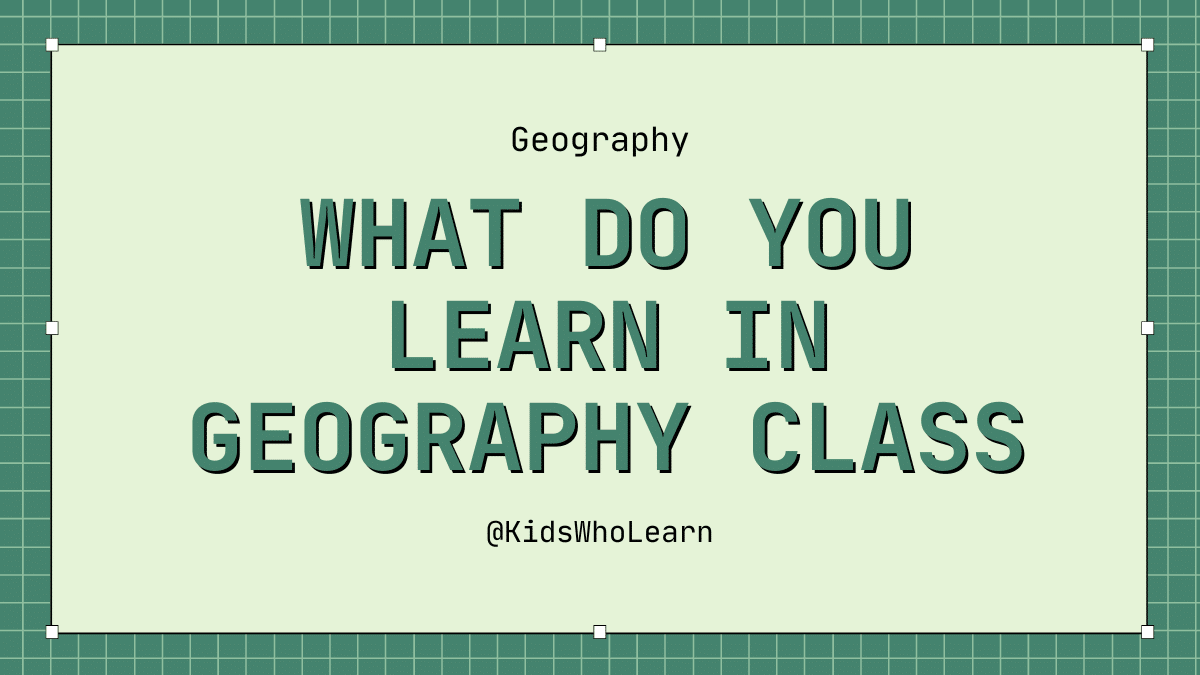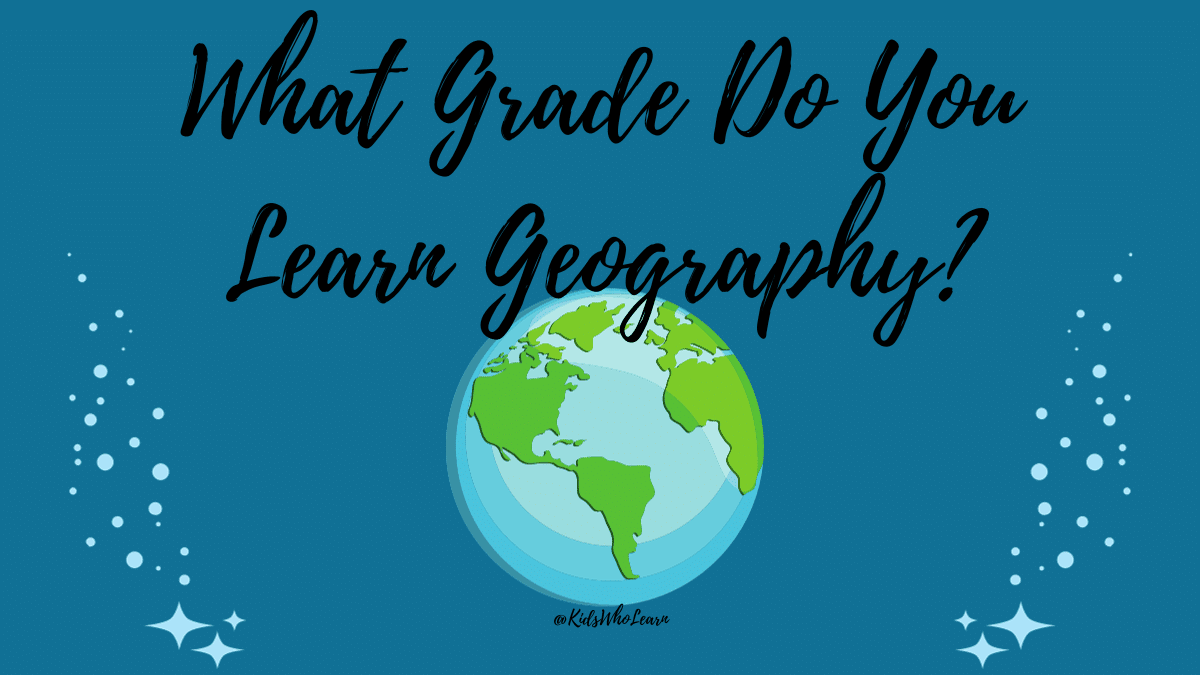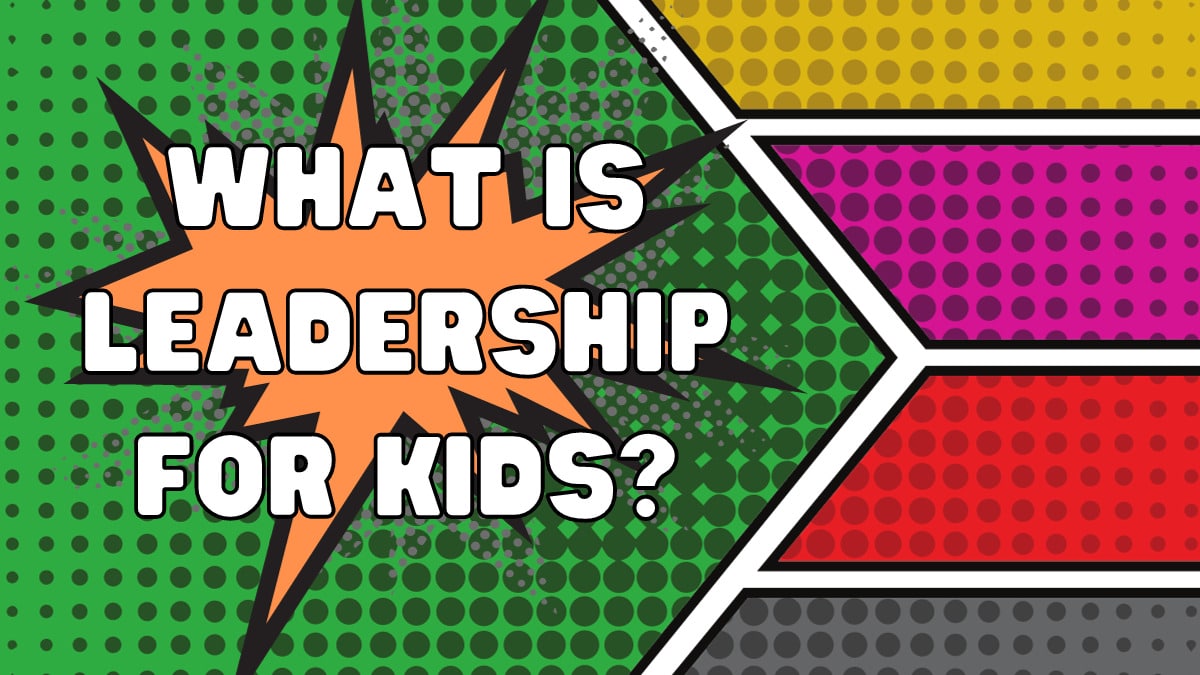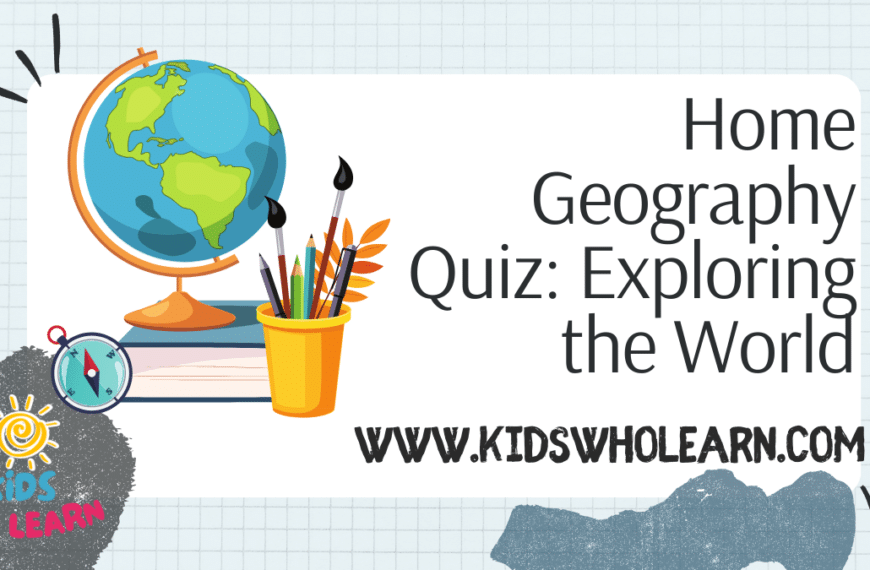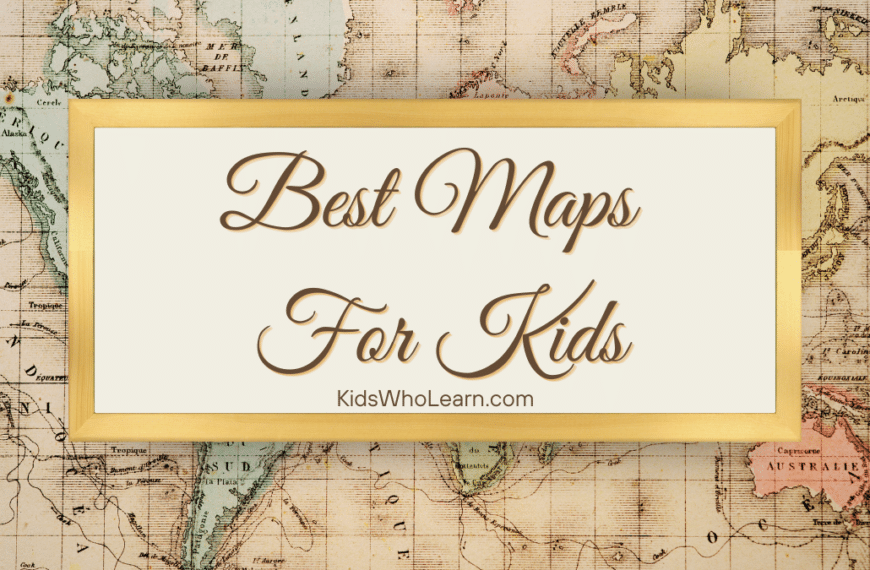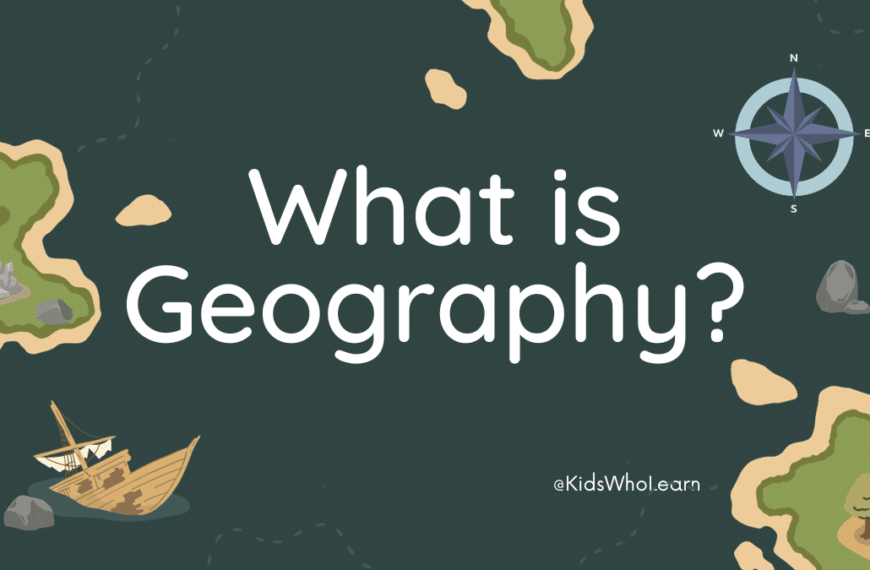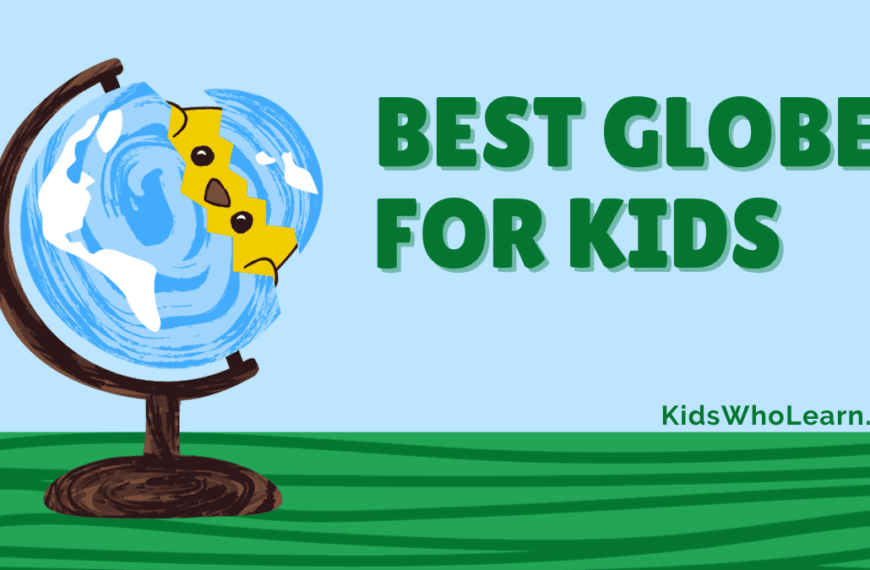In geography class, you will learn about the world around you. Geography is the study of the earth’s physical features, climate, and natural resources. It focuses on the relationships between people and the environment, including how humans impact the earth and how the earth impacts humans.
One of the main things you will learn in geography class is the different types of landforms and bodies of water. You will study mountains, valleys, rivers, oceans, and more. You will learn how these features were formed and how they impact the environment and the people who live near them.
In addition to physical geography, you will also learn about human geography. This includes topics such as population growth, migration patterns, and cultural diversity. You will explore how humans interact with each other and with the environment, and how these interactions shape the world we live in.
Understanding the Earth
Geography is the study of the Earth, its landscapes, environments, and people. It is a fascinating subject that teaches you about the world around you. Understanding the Earth is an essential part of Geography, and it is divided into two main branches: Physical Geography and Human Geography.
Physical Geography
Physical Geography is the study of natural features and processes of the Earth. It includes the study of weather, climate, landforms, oceans, and natural resources. In this branch of Geography, you will learn about the Earth’s physical systems and how they interact with each other. Some of the topics covered in Physical Geography include:
- Climate and Weather: Understanding the difference between climate and weather and how they affect the Earth’s ecosystems.
- Landforms: Learning about the different types of landforms, such as mountains, valleys, deserts, and plateaus, and how they are formed.
- Oceans: Studying the world’s oceans, their currents, and their impact on climate and weather patterns.
- Natural Resources: Understanding the Earth’s natural resources, such as water, minerals, and fossil fuels, and how they are used.
Human Geography
Human Geography is the study of human activities and their impact on the Earth. It includes the study of population, culture, economics, and politics. In this branch of Geography, you will learn about the interactions between humans and the environment. Some of the topics covered in Human Geography include:
- Population: Understanding the world’s population, its growth, and distribution, and how it affects the environment.
- Culture: Studying the different cultures around the world, their beliefs, customs, and traditions, and how they shape the environment.
- Economics: Learning about the world’s economies, their development, and their impact on the environment.
- Politics: Understanding the role of politics in shaping the environment, such as environmental policies and regulations.
In conclusion, studying Geography is an excellent way to learn about the world around you. It gives you a better understanding of the Earth’s physical and human systems and how they interact with each other. Whether you are interested in science, culture, or politics, there is something for everyone in Geography.
Climate and Weather Patterns
In geography class, you will learn about the different climate and weather patterns around the world. This includes understanding the factors that influence climate such as latitude, altitude, and proximity to large bodies of water.
You will also learn about the different types of climates such as tropical, arid, temperate, and polar climates. You will study the characteristics of each climate and the regions where they are found.
Weather patterns are also covered in geography class. You will learn about the different types of weather conditions such as hurricanes, tornadoes, thunderstorms, and blizzards. You will study the causes of these weather patterns and their impact on the environment and human activities.
It is important to understand climate and weather patterns as they have a significant impact on our daily lives. By studying these patterns, you will gain a better understanding of the world around you and how to prepare for different weather conditions.
Geospatial Technologies
Geospatial technologies are tools that allow you to collect, analyze, and visualize geographic data. In geography class, you will learn how to use these technologies to better understand the world around you. Some of the most common geospatial technologies are map reading and satellite imagery.
Map Reading
Map reading is an essential skill for anyone interested in geography. In class, you will learn how to read and interpret different types of maps, including topographic maps, political maps, and thematic maps. You will also learn how to use different map features, such as scale, legend, and compass rose, to help you navigate and understand the information presented on the map.
To make map reading easier, you can use different tools and techniques, such as:
- Grid systems: A system of horizontal and vertical lines that divide a map into smaller sections, making it easier to locate specific areas.
- Symbols and colors: Different symbols and colors are used to represent different features on a map, such as roads, rivers, and vegetation.
- Map projections: Different ways of representing the curved surface of the earth on a flat map.
Satellite Imagery
Satellite imagery is another important geospatial technology that you will learn about in geography class. Satellites orbiting the earth capture images of the planet’s surface, which can be used to study different phenomena, such as land use, weather patterns, and natural disasters.
In class, you will learn how to interpret satellite images and use them to analyze different geographic features. Some of the things you can do with satellite imagery include:
- Identify different landforms, such as mountains, valleys, and coastlines.
- Monitor changes in vegetation cover, such as deforestation and reforestation.
- Track the movement of weather systems, such as hurricanes and cyclones.
To make the most of satellite imagery, you can use different tools and techniques, such as:
- Image enhancement: Techniques used to improve the quality of satellite images, such as adjusting color balance and contrast.
- Image classification: The process of categorizing different features on a satellite image, such as water, vegetation, and urban areas.
- GIS software: Computer programs used to analyze and visualize geographic data, such as satellite imagery.
Cultural Geography
In Cultural Geography, you will learn about the relationship between people and the physical environment. This includes understanding how different cultures interact with their surroundings, and how they shape and are shaped by the places they inhabit.
One of the key concepts you will explore in Cultural Geography is the idea of cultural landscapes. Cultural landscapes are the visible expressions of human culture on the landscape, including everything from buildings and monuments to agricultural practices and land use patterns.
You will also learn about the role of culture in shaping political boundaries and national identities. For example, you may study how language, religion, and ethnicity have influenced the formation of nation-states and the borders between them.
In addition, Cultural Geography will introduce you to the concept of cultural diffusion. This refers to the spread of cultural traits, ideas, and practices from one place to another. You may explore how cultural diffusion has led to the spread of popular music, fashion, and food around the world.
Overall, Cultural Geography offers a fascinating and nuanced perspective on the complex relationships between people and the places they call home.
Economic Geography
In geography class, you will learn about Economic Geography, which is the study of how people use resources to generate wealth and how economic activities are distributed across the world. Economic Geography is an important subject because it helps you understand how the world economy works and how it affects different regions and countries.
One of the main topics you will cover in Economic Geography is globalization. Globalization is the process of increasing interconnectedness and interdependence among people, businesses, and countries around the world. You will learn about the benefits and challenges of globalization, such as the growth of international trade and investment, the spread of technology and ideas, and the widening income gap between developed and developing countries.
Another important topic in Economic Geography is regional economic development. You will study how different regions around the world have developed their economies and the factors that have influenced their success or failure. You will learn about the role of government policies, natural resources, infrastructure, and human capital in promoting economic growth and development.
In addition, you will explore the concept of economic inequality and its impact on society. You will learn about the different measures of income and wealth inequality, such as the Gini coefficient, and how they vary across different countries and regions. You will also study the causes and consequences of economic inequality, such as poverty, social unrest, and political instability.
Overall, Economic Geography is a fascinating subject that will help you understand the complex and dynamic nature of the world economy. By studying Economic Geography, you will gain a deeper appreciation for the diversity of economic systems and the challenges of promoting sustainable and equitable economic development around the world.
Political Geography
In your geography class, you will learn about political geography, which is the study of the relationship between politics and geography. This includes the study of borders, boundaries, territories, and the political systems that govern them.
One of the key concepts in political geography is the idea of a state. A state is a political unit with defined borders and a government that has sovereignty over its territory. States can be further divided into smaller units, such as provinces, states, or counties.
Another important concept in political geography is the study of borders and boundaries. Borders are the physical or political lines that separate one state from another, while boundaries are the cultural, economic, or political factors that define a state’s territory.
Political geography also includes the study of international relations, such as diplomacy, trade, and conflict resolution. You will learn about the different types of political systems, such as democracy, monarchy, and dictatorship, and how they affect the political geography of a region.
In summary, political geography is an important field of study that helps us understand the complex relationship between politics and geography. By studying political geography, you will gain a better understanding of the world around you and the political systems that govern it.
Environmental Geography
In your geography class, you will learn about the environment and how it relates to geography. Environmental geography is a branch of geography that focuses on the relationship between humans and the natural environment. It explores the impact of human activities on the environment and how the environment affects human life.
One of the key topics in environmental geography is climate change. You will learn about the causes and consequences of climate change, as well as the ways in which humans can mitigate its effects. You will also study the different types of ecosystems, such as forests, deserts, and oceans, and how they are affected by human activities.
Another important topic in environmental geography is conservation. You will learn about the importance of preserving natural resources and protecting endangered species. You will also study the different methods of conservation, such as national parks, wildlife reserves, and sustainable development.
In addition to these topics, you will also learn about pollution and its effects on the environment. You will study the different types of pollution, such as air pollution, water pollution, and soil pollution, and how they are caused. You will also learn about the different methods of pollution control, such as recycling, waste management, and environmental regulations.
Overall, environmental geography is an important subject that helps us understand the relationship between humans and the natural environment. By studying environmental geography, you will gain a deeper appreciation for the environment and the role that humans play in shaping it.
Urban Geography
In geography class, you will learn about urban geography, which is the study of cities and their development. You will explore the different factors that contribute to the growth and decline of cities, including economic, social, and environmental factors.
One important aspect of urban geography is understanding the different types of cities. For example, there are primate cities, which are the largest and most important cities in a country, and there are also megacities, which have populations of over 10 million people. You will learn about the characteristics of different types of cities and how they impact the people who live there.
Another important topic in urban geography is urbanization, which is the process of people moving from rural areas to cities. You will explore the reasons why people move to cities and the challenges that arise from rapid urbanization, such as overcrowding, pollution, and inadequate infrastructure.
In addition, you will learn about urban planning, which involves designing and managing the physical, social, and economic aspects of cities. You will explore the different approaches to urban planning, such as smart growth and sustainable development, and the challenges that planners face in creating livable and sustainable cities.
Overall, studying urban geography will give you a better understanding of the complex and dynamic nature of cities and how they impact the people who live in them.
Conclusion
In conclusion, geography class teaches you a wide range of skills and knowledge that can be applied in various aspects of your life. You learn about the physical and cultural features of the world, how they interact with each other, and how they affect human activities. You also learn how to use various tools and technologies to collect, analyze, and present geographical data.
Through geography class, you gain a better understanding of the world around you, including the natural and human-made phenomena that shape it. You learn about different regions, countries, and cultures, and how they are interconnected through trade, migration, and other forms of interaction. This knowledge can help you appreciate the diversity of the world and develop empathy and respect for people from different backgrounds.
Moreover, geography class helps you develop critical thinking and problem-solving skills. You learn how to analyze complex data, identify patterns and trends, and draw conclusions based on evidence. You also learn how to communicate your findings effectively, both orally and in writing, using appropriate language and visual aids.
Overall, geography class is a valuable subject that can broaden your horizons, enhance your skills, and prepare you for a globalized world. By studying geography, you can become a more informed, engaged, and responsible citizen who can contribute to the well-being of your community and the world at large.

